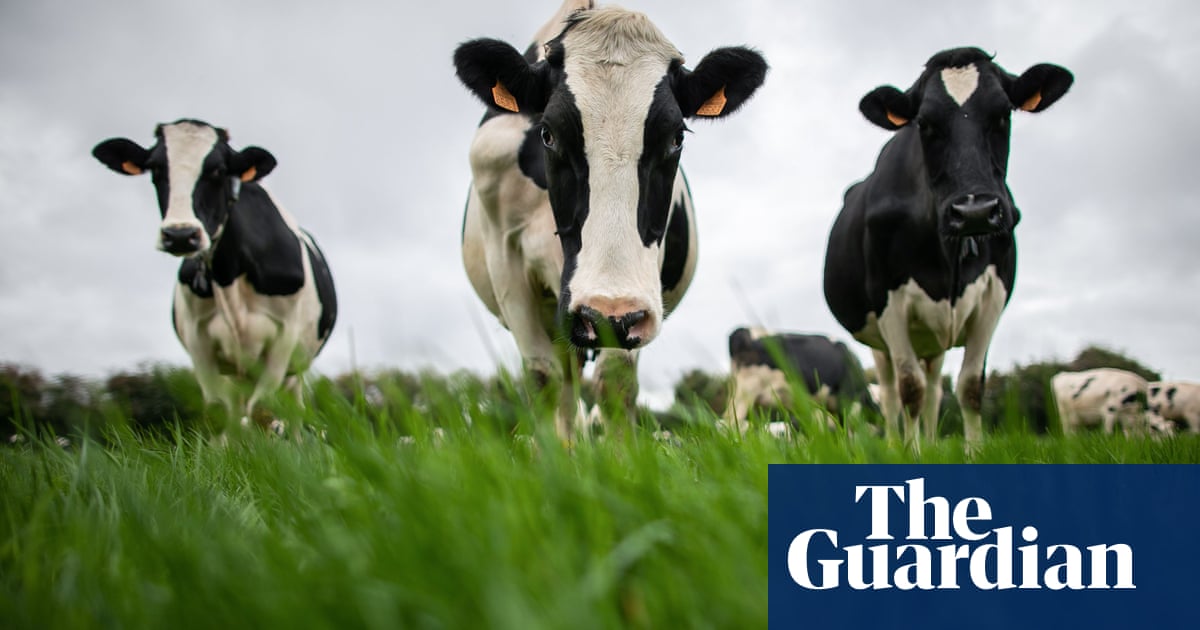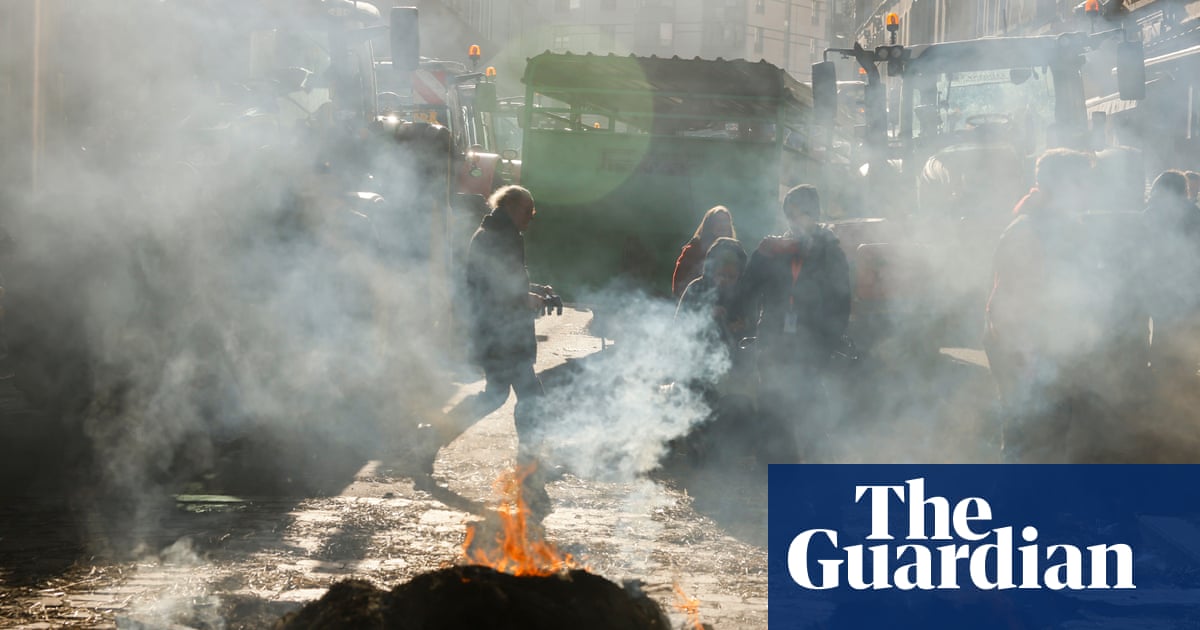
Rotovators and shovels are mostly sold out at Tractor Supply; stock in Miracle-Gro has doubled in two months; Johnny’s, one of the largest seed distributors in the north-eastern US, has told customers it’s back up on 40,000 orders.
As the Covid pandemic wreaks havoc on the US food chain, with outbreaks reported among workers in large midwestern factory producers, second-homers sheltering in the Hudson Valley and Catskill mountain foothills, are planting vegetables.
At the same time, New York’s farm-to-table supply chain has been shaken by the loss of the restaurant trade and are is contending with the complexities of distributing directly to consumers and supplying food banks.
Larger commercial farm operations, dependent on half a million seasonal migrant workers, are grappling with flare-ups of Covid-19. In New Jersey, more than 50 workers had the virus at a farm in Gloucester County, adding to nearly 60 who fell ill in a neighbouring county. Almost 170 fell sick at a tomato and strawberry greenhouse complex in Oneida, New York.
Dan Barber, founder of the pioneering farm-to-table Blue Hill and Blue Hill at Stone Barns restaurants, has warned of a “generational catastrophe” for smallholding farmers. Faced with higher costs, Barber estimates that more than 30% of smallholding farmers could be forced out of business by the end of the year.
Food insecurity, underscored by government figures that 40% of lowest-paid workers are now idled, has led to calls for a profound adaptation or wholesale reform of the food system, if a sustained crisis is to be avoided.
“People are gardening like never before,” says Mark Dunau, owner of Mountain Dell, an organic farm near the New York-Pennsylvania border. Dunau has partially pivoted from supplying restaurants to selling vegetable starts to local home-owners trying their hand at small-scale agriculture.
For the most part, he says, this isn’t part of a “The Good Life” backyard-cultivation comedy, but people trying to “cover their asses”.
“They’re afraid for their food supply. They’re thinking, if they have some land and you can’t go anywhere, they might as well try to grow something.”
Similar themes are emerging across the US. Some states have recorded record spikes in hunting licence applications, a reversal of recent trends and in Vermont, fishing license sales are up more than 50%.How much of this can be ascribed to people with time on their hands, and how much to need is still hard to discern. What is clear is some trends, including the smallholding organic farm movement, coupled with greater awareness of food justice and food insecurity, are coalescing under Covid-19.
Some years ago, New York artist Dan Colen purchased Sky High Farm in the Hudson Valley with the idea of giving back. With no farming experience to act on, he called on a friend with experience in public health programme development.
Colen sought to form relationships with food-justice organisations, and has delivered more than 81,000lb of vegetables and 41,000lb of protein to date. Last week he dropped off food to elder residents at Brooklyn’s Marcy Projects.
What’s clear is that the least advantaged, in the city and beyond, are looking at being poorer, and organisations that were focused on farming education are turning to feeding people and building coalitions with community farms.
“I don’t know that we’re going to see the extent of it for a while, but the food pantries are experiencing a massive increase in clients,” he says. “You’ve suddenly got a middle class looking at being food-insecure.”
At the same time, pressure adapt is revealing cracks in the system: farmers have reported that crops and herds may have to be destroyed if processing and distribution doesn’t pick up. New York governor Andrew Cuomo identified the problem last week, announcing a $25m New York food bank grant to spend on agricultural products grown in the state.
“It makes no sense to have upstate farmers who can’t sell their product and downstate families who can’t get enough to eat,” he said.
Under the shadow of the Catskill mountains, the cold spring has forced Fabio Chizzola to light fires under his apple trees to ward off frost damage into mid-May. He and wife, Laura Ferrara, sidelined careers in fashion, purchasing Westwind Orchard in 2002.
Chizzola’s supplies of frozen pork have virtually sold out. As the major food supply chains are threatened, and higher supermarket prices are going some way to narrow the price gap with organic, small-farm produce, he detects a shift.
“In all this craziness, hopefully something positive will come out. Small farmers are the soul of this country and every country. This is not a machine of mass-production, it’s a livelihood, and I hope the world is catching up on that.”
Comedy is made of the Covid-quarantined showing-off newfound bread-baking skills, Ferrara shifting dozens of sourdough starters. “You really can’t fail with bread if you keep trying. So it’s slow-food out of necessity, but also people trying to connect with a different set of values and taking time to make things.”
Earlier in the week, Ferrara was out delivering to a food coalition in Kingston whereby some estimate that demand is up 10-fold. Local restaurants are delivering there, too, in part to keep their staff employed during lockdown. If the big food companies could do anything, she ventures, they could join that effort.
Ninety miles from New York, where many might typically compete for heirloom tomatoes at a city farmers’ market, the message, amplified by Covid, is to take more care with ourselves and those around us. “We’ve been taking a lot of things for granted, and it’s our responsibility to be in the community,” Ferrara says. “There are people who can’t just call out for a meal.”












